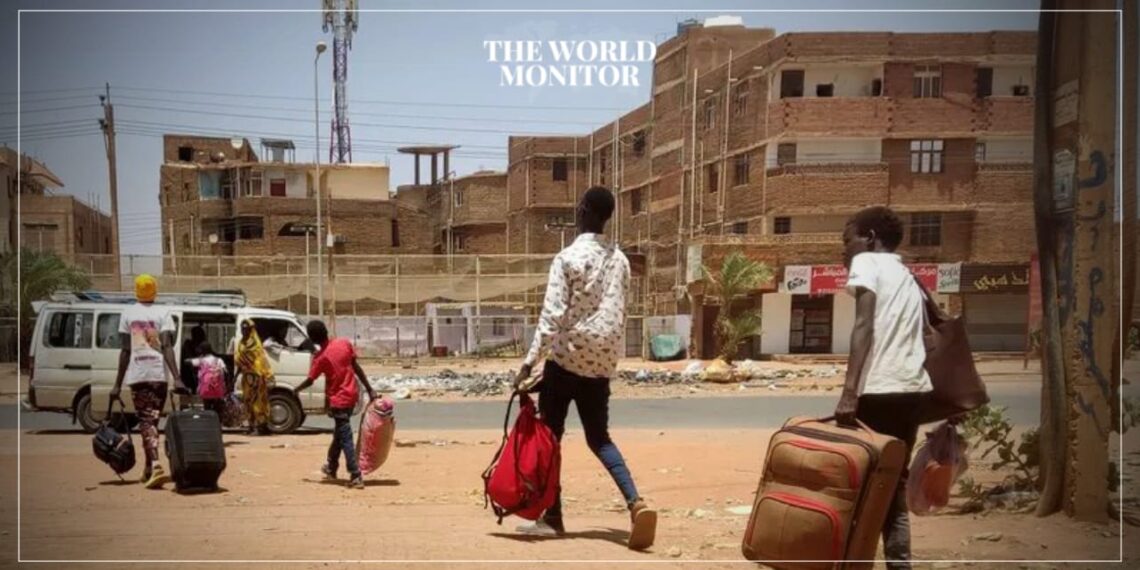The World Food Programme (WFP) announced on Friday that it has received reports of individuals dying from hunger in Sudan, amidst ongoing conflict between the Sudanese army and the Rapid Support Forces. This conflict, which began 10 months ago in the capital, Khartoum, and quickly spread to other parts of the country, is impeding the distribution of aid and food supplies.
The WFP has stated that around 18 million people across Sudan are currently facing severe hunger, with those most in need trapped behind conflict lines. Eddie Rowe, the WFP’s Director in Sudan, emphasized the dire situation, stating, “Lifesaving assistance is not reaching those who need it most, and we are indeed receiving reports of people dying from hunger.” The United Nations reports that at least 12,000 individuals have been killed in the conflict, with more than 10.7 million others displaced. Regional partners in Africa, along with Saudi Arabia and the United States, are attempting to mediate to end the conflict.
The ongoing conflict in Sudan, which has intensified since April 2023, involves the Sudanese Armed Forces (SAF) and the Rapid Support Forces (RSF), a powerful paramilitary group evolved from the Janjaweed militia. The RSF, known for its brutal tactics in Darfur and other regions, was formally organized under Bashir’s regime and has been involved in various internal and external conflicts, including the Yemeni war. The struggle between SAF, led by Lieutenant General Abdel-Fattah Al-Burhan, and RSF, under Lieutenant General Mohamed Hamdan Dagalo, has led to significant civilian casualties and displacement .
This turmoil follows a tumultuous period of transition in Sudan, which began with the ouster of former President Omar Hassan El-Bashir in 2019 and the establishment of a civilian-led transitional government. However, a military coup in October 2021 disrupted this process, leading to a political and economic crisis, increased communal clashes, and a significant humanitarian toll, especially in Darfur, South Kordofan, and Blue Nile states. Despite a political agreement signed in December 2022 aiming to restore civilian governance, the ongoing conflict has derailed these efforts, exacerbating the humanitarian situation with millions in need of assistance.






